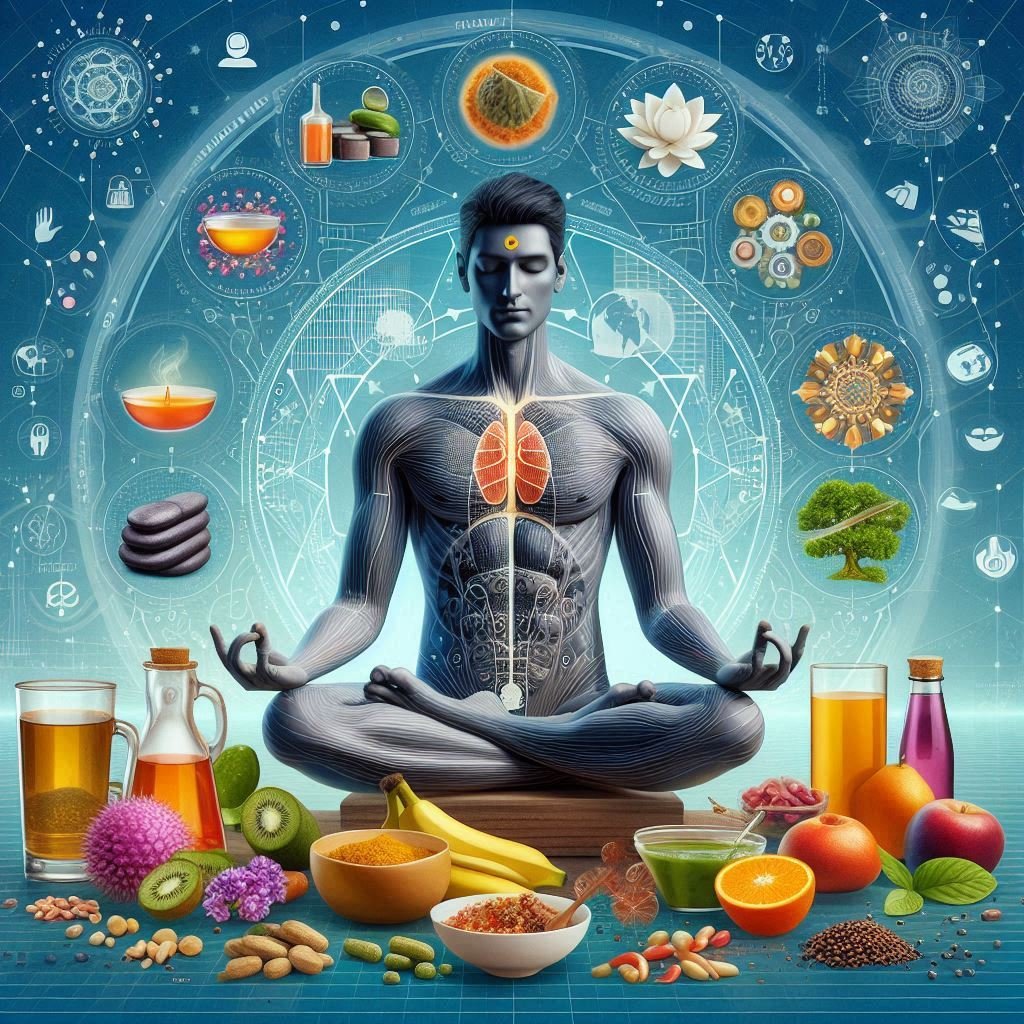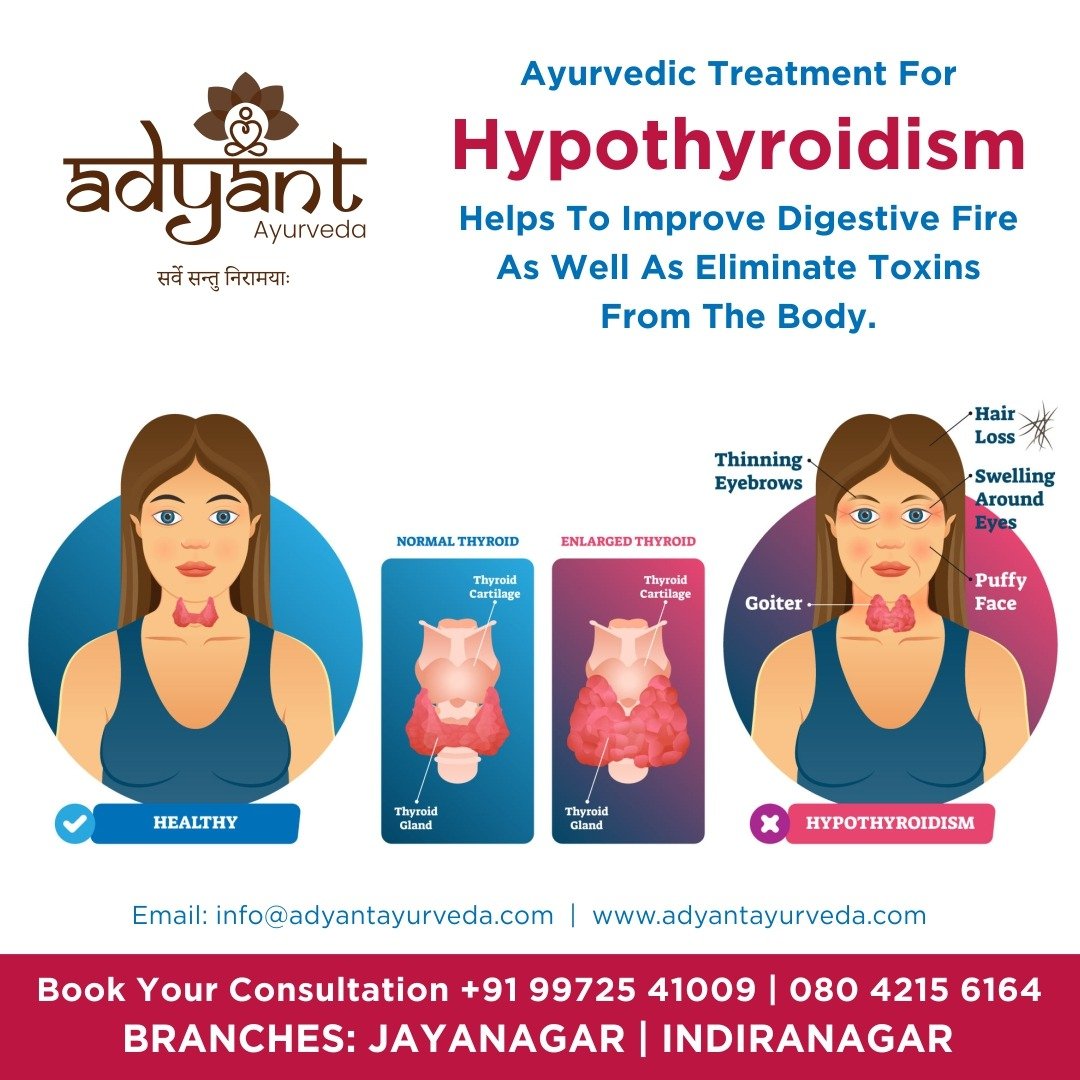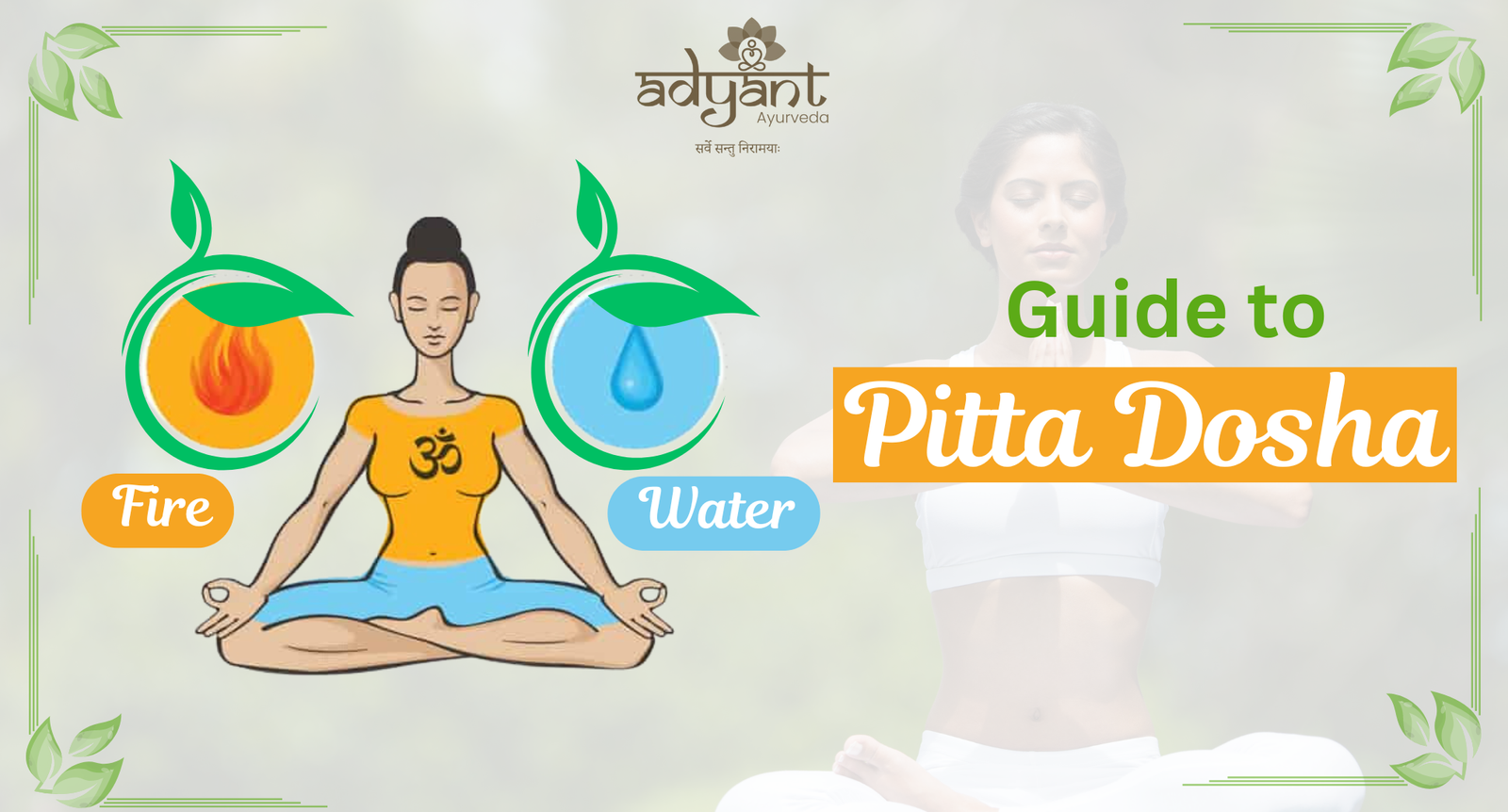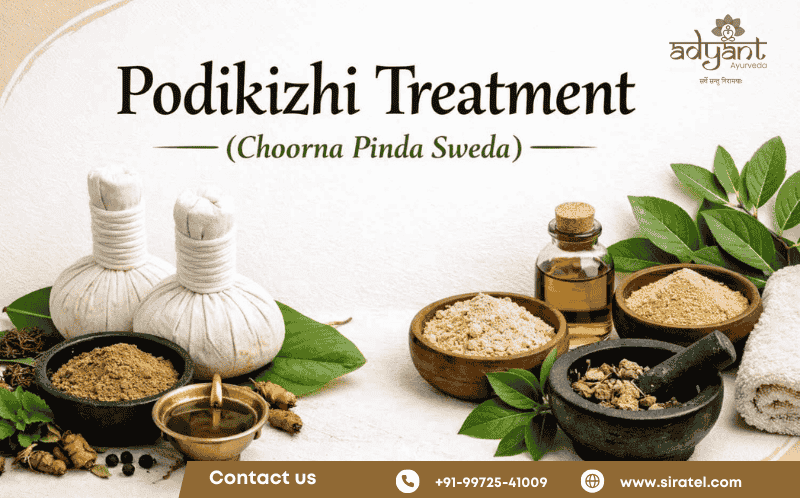Table of Contents
ToggleDoctor-Supervised Ayurvedic Detox & Rejuvenation
Panchakarma Treatment at Adyant Ayurveda
Modern lifestyle factors such as chronic stress, unhealthy dietary habits, sedentary routines, irregular sleep patterns, and continuous exposure to environmental toxins gradually disturb the body’s natural physiological balance. Over time, this imbalance may result in chronic and recurrent health conditions.
Ayurveda addresses these root causes through Panchakarma, a classical physician-supervised detoxification and rejuvenation therapy. Panchakarma aims to eliminate deep-seated metabolic toxins (Ama), correct doshic imbalance, strengthen digestion (Agni), and restore systemic equilibrium.
Adyant Ayurveda provides authentic, doctor-guided Panchakarma treatment based on individual Prakruti (constitutional nature) and Vikruti (pathological imbalance), following classical Ayurvedic texts and established clinical protocols.
Adyant Ayurveda has over 28 years of clinical experience in Ayurvedic medicine and Panchakarma and has treated thousands of patients across Bangalore through ethical, protocol-based care.
Adyant Ayurveda – Panchakarma Practice Overview
Panchakarma at Adyant Ayurveda is practiced strictly as a medical therapeutic procedure and not as a wellness or spa-based program. Each treatment is planned, executed, and monitored by qualified Ayurvedic physicians.
Clinical Expertise
All Panchakarma therapies are conducted under the supervision of BAMS-qualified Ayurvedic doctors trained in:
Shodhana Panchakarma
Chronic disease management
Preventive and promotive healthcare
Treatment protocols are aligned with classical Ayurvedic texts and AYUSH standards.
Individualized Treatment Planning
Panchakarma is customized for each patient based on:
Prakruti (body constitution)
Vikruti (current dosha imbalance)
Digestive strength (Agni)
Age and disease chronicity
Lifestyle, stress levels, and medical history
Facilities and Hygiene
Dedicated Panchakarma therapy rooms
Use of classical Ayurvedic oils and medicines
Strict hygiene and sterilization protocols
Continuous medical supervision during therapy
Treatment Centers
Panchakarma services are available at:
Jayanagar
Indiranagar
Kalyan Nagar
Bannerghatta Road
Rajarajeshwari Nagar
Initial Ayurvedic Consultation (Mandatory)
Panchakarma therapy is initiated only after a detailed Ayurvedic evaluation.
Clinical Assessment Includes
Nadi Pariksha (pulse examination)
Dashavidha Pariksha (ten-fold examination)
Assessment of digestive strength (Agni)
Evaluation of disease duration and severity
Review of existing medical records and medications
Pre-Treatment Medical Screening (If Required)
Blood investigations (CBC, LFT, RFT)
Blood sugar and blood pressure assessment
Thyroid evaluation was indicated
Determination of fitness for detoxification procedures
Physician Decision Includes
Whether Panchakarma is indicated
Selection between Shamana (palliative therapy) and Shodhana (detoxification)
Choice of Panchakarma procedure
Duration and preparatory protocol
This process ensures patient safety, therapeutic appropriateness, and ethical medical practice.
Shamana vs Shodhana Treatment
Shamana Chikitsa involves symptom control through medicines, diet, and lifestyle regulation.
Shodhana Chikitsa (Panchakarma) aims to eliminate the root cause by expelling accumulated toxins and correcting doshic imbalance.
Not all patients require Panchakarma. The decision is made solely by the physician based on diagnosis and suitability.
Indications for Panchakarma
Panchakarma may be considered for:
Chronic stress, fatigue, and burnout
Long-standing digestive or metabolic disorders
Recurrent diseases despite medication
Preventive healthcare and immunity enhancement
Systemic rejuvenation under medical supervision
Panchakarma vs Wellness Detox
| Medical Panchakarma | Wellness Detox |
|---|---|
| Doctor-supervised | Therapist-led |
| Diagnostic evaluation | No medical diagnosis |
| Classical Ayurvedic protocols | Relaxation-based |
| Disease management focus | Temporary comfort |
| Long-term health outcomes | Short-term relief |
Panchakarma Therapies Offered
Vamana (Therapeutic Emesis)
Indicated for the elimination of excess Kapha dosha.
Common indications include asthma, sinusitis, obesity, skin disorders, and PCOD.
Virechana (Therapeutic Purgation)
Used for the elimination of aggravated Pitta and liver-related toxins.
Indicated in fatty liver, skin diseases, and metabolic disorders.
Basti (Medicated Enema Therapy)
Primary therapy for Vata disorders.
Indicated in arthritis, back pain, constipation, and neurological conditions.
Nasya (Nasal Therapy)
Administration of medicated oils via the nasal route.
Indicated in sinusitis, migraine, cervical disorders, and cognitive complaints.
Raktamokshana (Blood Purification)
Controlled blood-letting techniques for blood-borne disorders.
Indicated in psoriasis, eczema, acne, and inflammatory skin conditions.
Seasonal Panchakarma (Ritu Shodhana)
Spring (Vasanta): Vamana for Kapha regulation
Monsoon (Varsha): Basti for Vata regulation
Autumn (Sharad): Virechana for Pitta regulation
Seasonal Panchakarma is performed only after physician’s evaluation.
Panchakarma Treatment Duration
Short Detox Program: 7 days
Standard Panchakarma: 14 days
Complete Panchakarma: 21–28 days
Duration is finalized after clinical assessment.
Conditions Commonly Managed
Digestive disorders (IBS, acidity, constipation)
Obesity and metabolic syndrome
Skin diseases (eczema, psoriasis, acne)
Joint and musculoskeletal disorders
PCOD and hormonal imbalance
Fatty liver and dyslipidemia
Stress, anxiety, insomnia
Chronic inflammatory and autoimmune conditions
Panchakarma Treatment Protocol
Purva Karma (Preparatory Phase)
Deepana and Pachana
Snehapana (internal oleation)
Abhyanga and Swedana
Pradhana Karma (Main Procedure)
Vamana, Virechana, Basti, Nasya, or Raktamokshana
Daily medical monitoring and protocol adjustment
Paschat Karma (Recovery Phase)
Samsarjana Krama (dietary progression)
Rasayana medications
Lifestyle and preventive guidance
Expected Outcomes
Supports root-cause disease management
Improves digestion, metabolism, and immunity
Chronic conditions require phased and sustained care
Results depend on disease duration and patient compliance
Panchakarma is a medical detoxification process and not an instant cure.
Follow-Up Care
First follow-up: 7–14 days
Second follow-up: 1–3 months
Periodic or seasonal Panchakarma as advised
Follow-up ensures sustained benefits and relapse prevention.
Safety and Monitoring
Daily physician assessment
Monitoring of digestion, strength, and vitals
Modification of therapy when required
Immediate medical attention for adverse responses
Contraindications / Precautions
Panchakarma is avoided or postponed in:
Pregnancy and lactation
Acute infections or fever
Severe anemia or extreme debility
Post-surgical recovery phase
Children and the elderly without physician approval
Major Panchakarma procedures are conducted only in-clinic. Home care is limited to selected therapies.
Approximate Treatment Cost
Costs vary based on therapy type, duration, and patient condition.
Medical Disclaimer
Panchakarma should be undertaken only under the supervision of qualified Ayurvedic physicians. Treatment outcomes vary depending on individual health status, disease chronicity, and adherence to medical advice. This document is for educational purposes and does not replace professional medical consultation.
If you want next:
FAQs - Best Panchakarma Treatment in Bangalore at Adyant Ayurveda
1. What is Panchakarma treatment?
Panchakarma is an Ayurvedic detoxification treatment that involves five therapeutic actions to cleanse the body of toxins, restore balance among the doshas, and promote overall health. These treatments include Vamana (emesis), Virechana (purgation), Basti (enema), Nasya (nasal administration), and Rakta Moksha (bloodletting).
2. How does Panchakarma work?
Through various therapies, Panchakarma works by eliminating toxins and excess doshas from the body. Before the main cleansing procedures, the treatment includes preparatory steps like Oleation (Snehana) and sweating (Swedana). The result is a revitalized system, improved immunity, and better physical and mental health.
3. How long does Panchakarma treatment take?
The duration of Panchakarma treatment varies depending on the individual’s health condition and specific needs. Typically, it ranges from 7 to 21 days, with a combination of therapies prescribed by an Ayurvedic doctor based on your dosha imbalances and health goals.
4. Is Panchakarma treatment painful?
Panchakarma is generally not painful. The therapies are designed to be gentle and therapeutic, although some treatments like Vamana (induced vomiting) or Virechana (purgation) may cause temporary discomfort. Each therapy is carefully administered under the supervision of experienced Ayurvedic practitioners to ensure comfort and effectiveness.
5. What should I expect during my first Panchakarma consultation at Adyant Ayurveda?
During your first consultation, an Ayurvedic doctor will assess your Prakruti (natural constitution) and Vikruti (current imbalances) through a detailed examination. On this basis, our doctor will plan Panchakarma treatment for specific needs and health conditions.
6. Can Panchakarma be customized according to my health condition?
Yes, Panchakarma treatments are highly personalized. The therapies are tailored according to your dosha imbalances, medical history, and overall health condition. Whether you’re looking for detoxification, treatment of a chronic condition, or rejuvenation, the plan is customized to maximize benefits.
7. What are the benefits of Panchakarma?
Panchakarma provides a holistic approach to health. It helps detoxify the body, improving digestion, boosting immunity, enhancing skin health, reducing stress, and promoting mental clarity. It is also effective for treating various chronic conditions such as digestive issues, arthritis, respiratory disorders, and more.
8. Are there any dietary restrictions during Panchakarma?
Yes, during Panchakarma, we advise you to follow a simple, easily digestible diet, such as khichdi, soups, and herbal teas. You should avoid heavy, spicy, and processed foods, as well as caffeine and alcohol, to support the detoxification process.
9. Is Panchakarma suitable for everyone?
While Panchakarma is a comprehensive treatment, it may not be suitable for everyone in its full form. For Pregnant women, individuals with certain acute illnesses are not suitable. Also with extremely weak constitutions should consult with a qualified Ayurvedic doctor to determine the best course of treatment.
10. Where can I get the best Panchakarma treatment in Bangalore?
At Adyant Ayurveda, we offer the best Panchakarma treatment in Bangalore, personalized according to your health needs. Our expert Ayurvedic practitioners deliver treatments at our four centers in Jayanagar, Indiranagar, Kalyan Nagar, and Rajarajeshwari Nagar, ensuring a holistic, effective detoxification experience.
11. What is the cost of Panchakarma treatment in Bangalore?
The cost of Panchakarma treatment at Adyant Ayurveda in Bangalore ranges from INR 11,000 to over INR 20,000 depending on the therapies and individual health needs.









